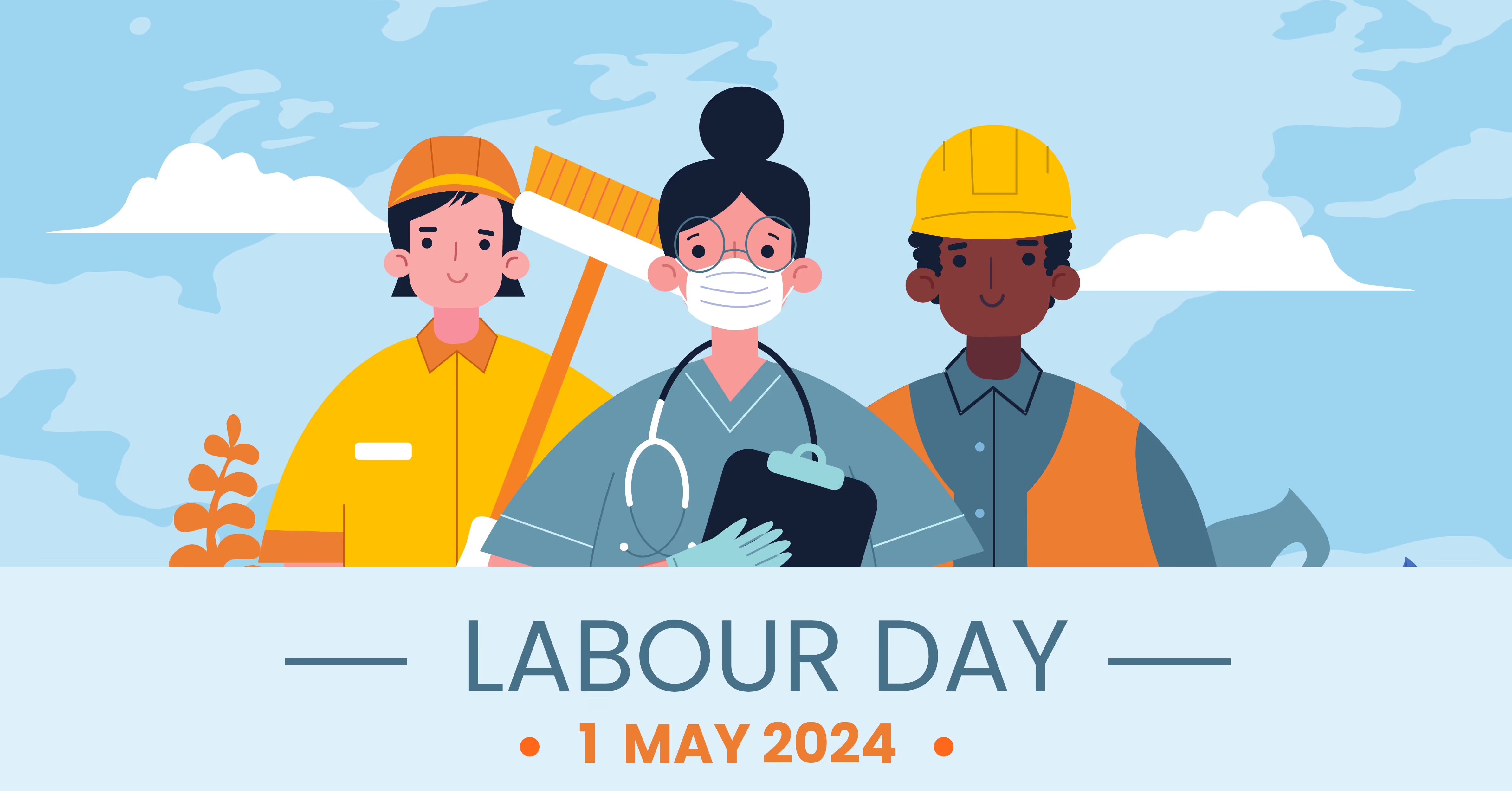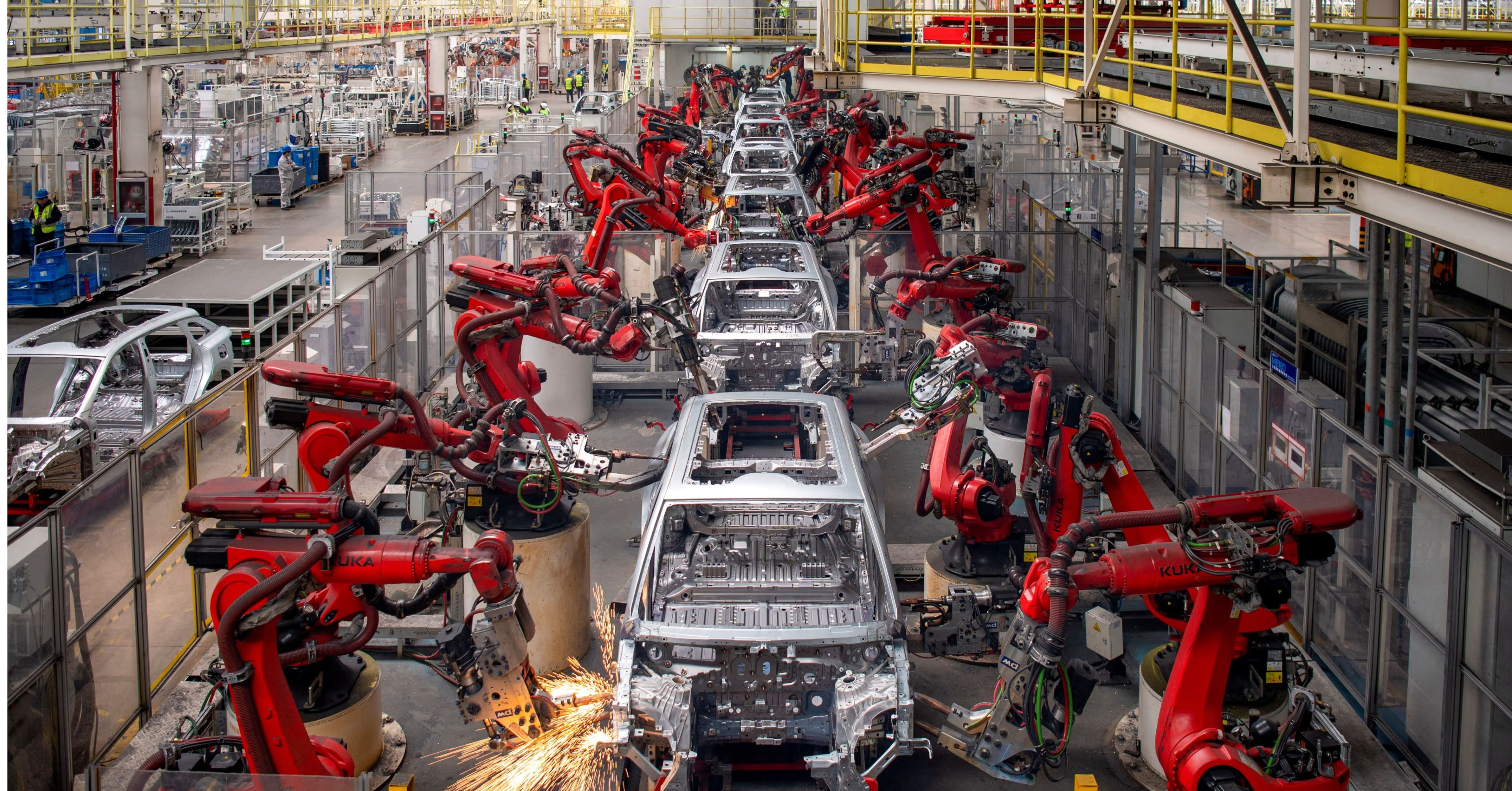
Introduction
The Labour Day is celebrated again on May 1st to recognise workers’ contribution to nation building and their rights and sacrifice in serving the society. This year’s theme “Social Justice and Decent Work for All” encapsulates people’s aspirations in their working life—to be employed productively, remunerated fairly, guaranteed security at their workplace, have social protection during their lifetime and enjoy equal opportunity and treatment.
While the principles are fundamental aspect of human rights and sustainable development, operationalising and monitoring the progress of such aspirations is challenging considering the diverse types of workers and jobs around the world. Nevertheless, the International Labour Organization (ILO) has conceptualised four substantive areas of decent work namely full and productive employment, rights at work, social protection and promotion of social dialogue, which are measurable via indicators in ten sub-areas. In Malaysia, the Decent Work Country Programme 2019-2025 (DWCP 2025) is a framework that governs the cooperation between the ILO, the Government of Malaysia, the Malaysian Employers Federation (MEF), and the Malaysian Trades Union Congress (MTUC) to promote decent work for all.
From a broad long-term perspective, Malaysia’s key employment related statistics show encouraging trends with increased productivity, low unemployment, and near-zero working poverty rate. However, having a job does not necessarily guarantee a decent work. This article briefly delves into several elements of employment quality and highlights the need for increased efforts to realise the goal and priorities of DWCP by 2025.
Decent Work Deficits
One of the core elements of decent work is remunerating workers with fair wages, enabling them to afford the expenses for a decent living. However, not everyone earns such wages. Estimates by EPF via Belanjawanku 2022/23 indicate that to live comfortably, single individuals in urban areas require earnings ranging from RM 2,060 (for those residing in Alor Star) to RM 2,600 (for those in the Klang Valley), which is higher than the legislated minimum wage of RM1,500. Considering the 2022 median wage of RM2,424, this means that about half of single individuals earned below the threshold needed to enjoy a decent living standard.
Decent working hours is another key component of decent work since excessive hours (more than 48 hours per week) can be detrimental to workers’ quality of life and may indicate low hourly pay. In general, the trend in Malaysia has been favourable with people on average are working shorter hours per week. However, some workers do work exceptionally long especially those doing household activities such as hired domestic workers and those providing similar household services for own use, working an astonishing 70 hours per week.
This is followed by those in mining sector (49.3 hours) and administrative and support service activities (49 hours). By occupation, machine operators were found to work excessive hours at 49.8 hours. While the incidence of time-related underemployment (less than 30 hours per week) has declined over the years, this trend coincides with a rising share of own-account workers, with higher risk of job instability, irregular income and lack of social protections. Often, official figures focus on primary jobs and tend to overlook secondary jobs where people work additional hours to supplement their income.
Decent work also considers whether jobs and the pay commensurate workers’ skills and qualification and provides career progression with higher earnings prospects. Typically these refer to high-skilled jobs with upskilling training opportunities that would enable workers to command higher pay. However the incidence of overqualification— where workers occupy jobs that require lower qualifications—has risen as the gap between the creation of high-skilled jobs and the supply of tertiary-educated workforce widen in the past decade. Although more than 95% of the tertiary-educated workforce are working, only half are in high-skilled jobs, indicating that a significant share is employed in low- or semi-skilled jobs and in other non-standard employment.
A safe and conducive workplace is another dimension of quality employment. Undeniably, Malaysia has made significant strides in enhancing safely at workplace, resulting in a substantial decrease in both fatal and non-fatal occupational since 1980s. The rate of fatal injuries per 100,000 workers decreased from 8.2 in 1985 to 3.1 in 2018, while for non-fatal injuries, the rate dropped from 2,117 to 573 during the same period. However, workers in certain sectors, such as agriculture, construction, and mining, continue to experience higher rates of occupational injuries compared to others. Workers in sectors with elevated injury rates often exhibit lower median wages, leaving them uncompensated for the heightened risks associated with their work. Furthermore, there are indications suggesting that labour inspectors in Malaysia are overburdened and understaffed, potentially constraining their ability to monitor and enforce regulations effectively. Beyond occupational injury rates, data remain limited to comprehensively assess other aspects of work-related health conditions, such as mental wellbeing, entitlement to paid sick leave, as well as provision of essential amenities and benefits.
In terms of social protection, Malaysian workers generally rely on social insurance and employer liability schemes to manage their risks of income loss due to injury, invalidity and unemployment. However, such provisions are only mandatory for employees in the formal sector, with explicit contributory responsibility by the employers. This neglects more than half of the working-age population, leaving them without adequate social security. Included in this category are the self-employed and informal sector workers, as well as homemakers who are doing unpaid care work.
The current model needs to be reconfigured in preparing for a more volatile and challenging future. The trend in recent years show a rise in vulnerable employment as technological advancement and digitalisation have spurred the gig work and platform economy. The phenomenon has created new types of work relationships that pose a challenge in enforcing the present labour market regulations and protection schemes, which typically require a clear employer-employee relationship.
Decent work for sustainable development
Despite Malaysia’s healthy labour market conditions and the positive progress achieved over the years, deficits in decent work remain among some segments of the workforce. A decent job holds significance beyond its implications at the individual worker level but also on sustainable development. The deficits in decent work warrant considerable attention, as economic growth built on poor and unsafe working conditions, unfair wages, underemployment and increasing vulnerable employment is unsustainable and leaves certain groups behind.















